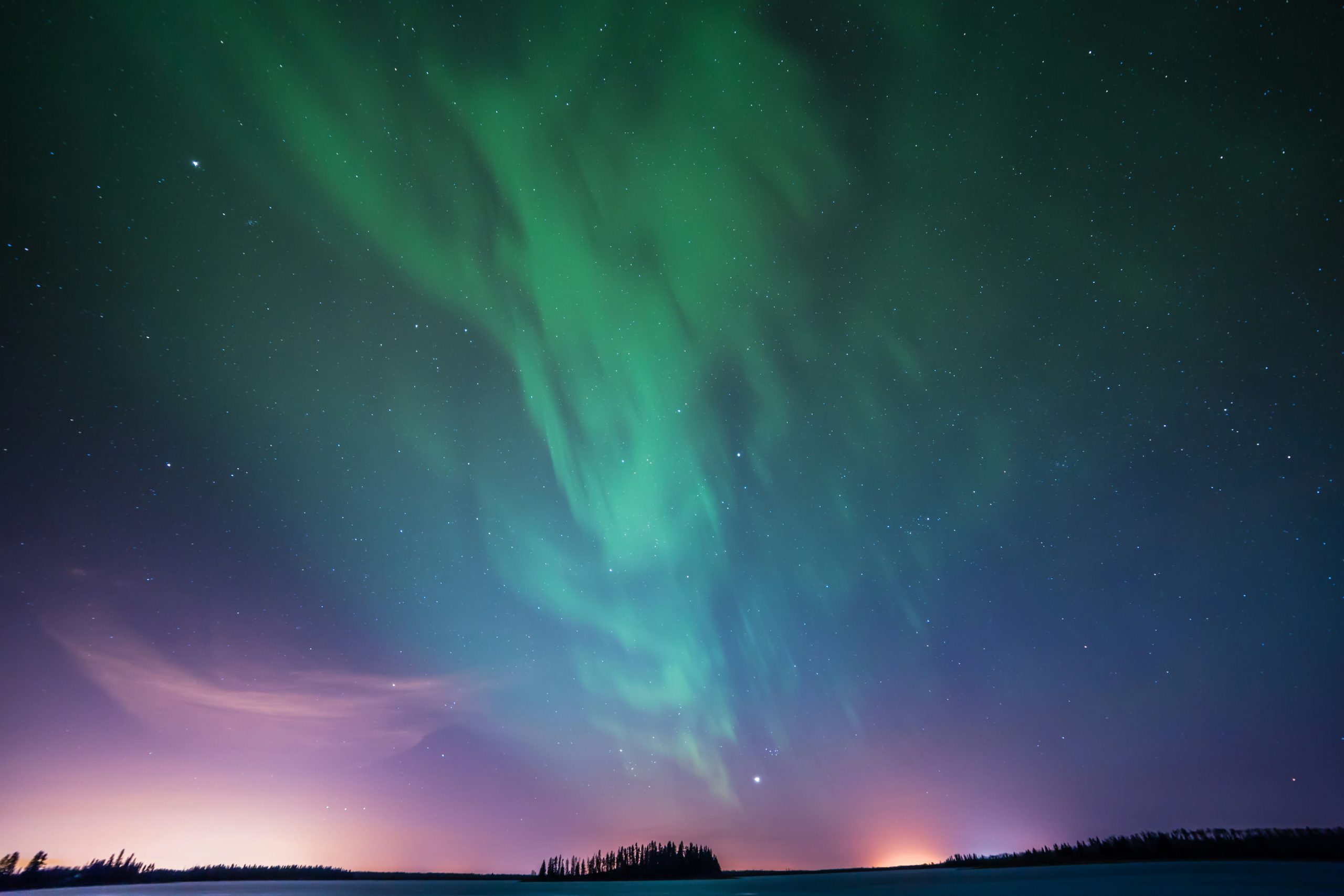What Colors Make Black? Creative Blending Techniques

Hey there, amazing readers! 🖐️ Just a quick note: yes, we know there are a lot of ads here. Trust us, we get it—it’s not the prettiest look, but they help us keep this blog alive and kicking. Those pesky little ads cover the costs of all the behind-the-scenes magic, from hosting and tech stuff to creating content we hope you’ll love.
We’re committed to delivering quality posts, and your support (even just sticking around despite the ads) means everything to us. So, bear with us, and thanks for helping us keep the good vibes rolling. Now, on to the fun stuff! 😉
TRANSLATE BUTTON AT THE END OF THE ARTICLE
A Quick Overview
When we think about black, we often picture the absence of color.
However, the process of creating black can be an exciting journey filled with experimentation and creativity.
Understanding how to mix colors to achieve that deep, rich black can enhance your artistic projects and elevate your design work.
In this article, we’ll explore the science of color mixing, various techniques, and practical tips to create the perfect black.
So grab your paints, and let’s dive deep into the vibrant world of color mixing!
Understanding the Basics of Color Mixing for Black
Creating black might seem straightforward, but there’s a twist.
In the world of color mixing, different methods yield different results.
The two main systems to understand are additive and subtractive color mixing.
Additive Mixing: This approach is all about light.
When you mix colors of light—like on a computer or stage—you combine red, green, and blue (RGB) to create white.
To get black in this context, you keep the lights off.
Subtractive Mixing: This is where the fun really begins with paints and pigments.
Here, you start with white and mix colors to absorb certain wavelengths of light.
The primary colors (cyan, magenta, yellow) blend to create a darker color.
When we talk about mixing colors to achieve black, we focus on the subtractive method.
The objective becomes finding the right combination of pigments that absorb most of the light, resulting in that rich black we desire.
The Science Behind Color: Additive vs. Subtractive Mixing
To understand how to create black effectively, it’s crucial to grasp the differences between additive and subtractive mixing.
Additive color mixing comes into play with light sources.
Think about your TV screen or a concert stage—those bright, vibrant colors come from mixing light.
In contrast, subtractive color mixing happens with physical materials.
When you mix paints, inks, or dyes, you’re subtracting wavelengths.
The more colors you mix, the more light you absorb, leading to darker shades.
Additive: Red + Green + Blue = White
Subtractive: Cyan + Magenta + Yellow = Black (ideally)
Thus, to achieve the perfect black in painting, focus on subtractive methods!
Which Colors Combine to Create the Perfect Black?
So, what colors actually make black?
While pure black is often the goal, achieving it through mixing can be tricky.
Here’s a breakdown of the colors that can help you reach that dark masterpiece:
Primary Colors: Start with the primaries—red, blue, and yellow.
Secondary Colors: Combine secondary colors like green (blue + yellow), orange (red + yellow), and purple (red + blue).
Complementary Colors: Mixing colors opposite each other on the color wheel, like blue and orange or red and green, can yield darker shades.
However, mixing all three primary colors together in equal parts often leads to a murky brown rather than true black.
It’s all about balance!
Exploring Primary Colors: The Key to Black Creation
Let’s dive deeper into the primary colors and their roles in creating black.
Each of these colors contributes differently to the mix and can affect the outcome significantly.
Red: A vibrant and warming color, red can add a richness to your black but may lead to a warmer tone.
Blue: Cool and calming, blue can deepen the black, making it more sophisticated.
Yellow: Bright and lively, yellow can lighten a mixture but may also dilute the depth if overused.
Mix them in various ratios to discover the black that speaks to you!
Sometimes, a dash more of one color can shift the entire vibe of your new hue.
Mixing Secondary Colors: Can They Make True Black?
Secondary colors arise from mixing primary colors.
While they might not create pure black on their own, they can contribute to a richer, darker palette.
Green: Mix blue and yellow.
When combined with red, you may approach a blackish tone.
Orange: By combining red and yellow, orange can enhance warmth in a black mix.
Purple: A blend of blue and red, purple can provide depth and dimensionality when mixed with yellow.
Experimenting with secondary colors can lead to unexpected results.
Sometimes, what you think will yield black surprises you with its unique shades and tones!
Experimenting with Tertiary Colors for Unique Shades
Now let’s talk about tertiary colors!
These colors emerge when you mix a primary color with a secondary color.
Their beauty lies in their complexity, and they can help you create stunning blacks with a twist.
Red-Orange: Add a little warmth to your black.
Yellow-Green: This cool hue can give your black a refreshing undertone.
Blue-Purple: Dark and moody, this mix lends richness to your black.
Playing with tertiary colors allows you to uncover shades that maintain the essence of black while bringing your artistic vision to life.
Using Warm and Cool Hues: A Balancing Act for Black
Warm and cool colors can affect the mood of your black.
Balancing these hues can create depth and interest.
Warm Colors: Reds, oranges, and yellows can make your blacks appear vibrant and energetic.
Cool Colors: Blues, greens, and purples can lend an air of sophistication and calmness.
Here’s the trick: you don’t have to stick strictly to one temperature.
Mixing a warm color with a cool one can lead to a dynamic black that feels alive.
Think of it as creating a symphony of colors!
Creative Blending Techniques: A Step-by-Step Guide
Now that we’ve explored the science behind mixing colors, it’s time to get practical!
Here’s a simple step-by-step guide for blending techniques that can help you achieve your desired black:
Gather Your Supplies: Start with your paints, brushes, and palette.
Start with Primaries: Take equal parts of red, blue, and yellow.
Mix Gently: Use a palette knife or brush to blend them smoothly.
Adjust Ratios: Experiment by adding more of one color until you reach your desired shade.
Test and Tweak: Always test on a separate piece of paper or canvas to see how it dries.
Adjust as necessary.
Keep in mind that patience is key.
Sometimes it takes a few tries to get that perfect mix!
Layering Colors: Building Depth to Achieve Rich Blacks
Layering is another fantastic technique for obtaining deep blacks.
By applying multiple layers of color, you create depth and richness in your painting.
Here’s how to do it:
Base Layer: Start with a deep color as your base.
It could be a dark blue or a rich purple.
Add Color: Once dry, layer lighter or contrasting colors on top.
Blend: Use a brush or sponge to blend the edges of your layers.
Repeat: Continue adding layers until you achieve that luscious black.
This method can lead to stunning visual textures and a black that changes with light and perspective.
Tips for Artists: Avoiding Common Mixing Mistakes
As we embrace the world of color mixing, let’s discuss some common pitfalls to avoid:
Overmixing: Mixing too much can dull your colors.
Keep things light and playful!
Ignoring the Drying Process: Remember that colors can shift as they dry.
Always test before committing.
Forgetting Complementary Colors: Using opposites can deepen your black.
Don’t shy away from experimenting.
With these tips in mind, you’ll be well on your way to creating rich, beautiful blacks that enhance your artwork.
Practical Applications: Black in Art and Design Projects
Black serves multiple purposes in art and design.
It can create depth, contrast, and even drama.
Here are some practical applications where your black mixing skills will shine:
Painting: Use your perfected black to create shadows, outlines, and depth in landscapes or portraits.
Graphic Design: In digital design, understanding how to mix colors can help when creating logos and branding.
Interior Design: Black can anchor a room, making colors pop and creating a sophisticated ambiance.
The versatility of black is unmatched, and your ability to create it can transform your artistic endeavors.
Final Thoughts: Embrace Color Mixing with Confidence!
Getting to know color mixing is a journey of exploration and creativity.
While achieving a perfect black can sometimes feel elusive, the process of experimentation is where the magic happens.
Remember to enjoy the journey, and don’t hesitate to explore, mix, and layer until you find the black that speaks to you.
From primary to tertiary colors, blending techniques to layering, the world of color mixing is vast and inviting.
So the next time you dip your brush into that rich, dark pigment, know you have the knowledge and skills to create something truly special.
Happy mixing!

The Enlightenment Journey is a remarkable collection of writings authored by a distinguished group of experts in the fields of spirituality, new age, and esoteric knowledge.
This anthology features a diverse assembly of well-experienced authors who bring their profound insights and credible perspectives to the forefront.
Each contributor possesses a wealth of knowledge and wisdom, making them authorities in their respective domains.
Together, they offer readers a transformative journey into the realms of spiritual growth, self-discovery, and esoteric enlightenment.
The Enlightenment Journey is a testament to the collective expertise of these luminaries, providing readers with a rich tapestry of ideas and information to illuminate their spiritual path.
Our Diverse Expertise 🌟
While our primary focus is on spirituality and esotericism, we are equally passionate about exploring a wide range of other topics and niches 🌍📚. Our experienced team is dedicated to delivering high-quality, informative content across various subjects ✨.
To ensure we provide the most accurate and valuable insights, we collaborate with trusted experts in their respective domains 🧑🏫👩🏫. This allows us to offer well-rounded perspectives and knowledge to our readers.
Our blog originally focused on spirituality and metaphysics, but we’ve since expanded to cover a wide range of niches. Don’t worry—we continue to publish a lot of articles on spirituality! Frequently visit our blog to explore our diverse content and stay tuned for more insightful reads.







